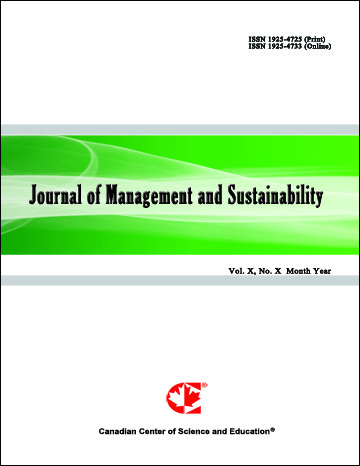A Path Analysis of the Antecedents, Business Sustainability Practices and Outcomes of Private Schools in the Philippines
- Maria Carmen L. Vidal
- Filomena M. Mendoza
Abstract
According to the Organization for Economic Cooperation and Development, early childhood education results in long-term social and economic benefits; thus, governments must ensure that elementary and secondary schools can survive disruptions in the business environment as the education sector should not be compromised especially in a developing country. In a world characterized by drastic and disastrous changes, a resilient and sustainable education sector must always be ensured. Adopting sustainability initiatives appears to be the key to survival in response to the negative effects of various external factors affecting the world. The purpose of this study is to examine the causes and consequences of business sustainability practices in private elementary and secondary schools in the Philippines. The findings revealed that regulatory policies, science and environment, and customer demand are vital predictors for private schools’ sustainability practices, with significant impact on their outcomes. Although the relationships between antecedents, sustainability practices, and outcomes were positive, they were moderate and weak respectively. The study further showed that the private schools’ sustainability practices have a significant mediating effect between the antecedents and outcomes of the private schools’ sustainability.
- Full Text:
 PDF
PDF
- DOI:10.5539/jms.v13n1p151
Journal Metrics
Google-based Impact Factor (2021): 1.54
h-index (July 2022): 37
i10-index (July 2022): 147
h5-index (2017-2021): 12
h5-median (2017-2021): 19
Index
- Academic Journals Database
- ANVUR (Italian National Agency for the Evaluation of Universities and Research Institutes)
- CAB Abstracts
- CNKI Scholar
- EconBiz
- Excellence in Research for Australia (ERA)
- GETIT@YALE (Yale University Library)
- Harvard Library
- HeinOnline
- Infotrieve
- JournalTOCs
- LOCKSS
- MIAR
- PKP Open Archives Harvester
- RePEc
- Scilit
- SHERPA/RoMEO
- Stanford Libraries
- UCR Library
Contact
- Evelyn XiaoEditorial Assistant
- jms@ccsenet.org
